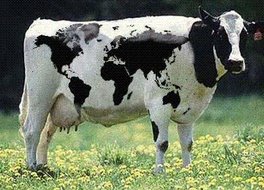In the same vein as the last post, but a bit sideways: people seem to think the process of protecting their food supply doesn't move quickly enough. This editorial suggests that more funding will speed up the investigations into deadly outbreaks.
While I'm never going to be
against more funding for my field (that would be like asking to
not be given a raise), I don't think that's the answer. In fact, I dare say there is no answer. Do you think the FDA is reckless with your food safety? Do you believe in the 5 second rule? Do you eat at notoriously unsafe fast food restaurants? Do you eat bagged spinach without washing it? Do you blame the FDA for that.
Of course you do. We don't believe in personal responsibility anymore, only corporate faults and legislation to punish them.
As to the issue of speed . . . we're limited, but it's not usually by funds. We're limited by the speed (or lack thereof) of the diagnosing physicians, laboratories, and state health departments. We're limited by the helpfulness (or lack thereof) of the people involved in the outbreak in answering questionnaires. We're limited by political wrangling in the main offices, deciding the economic cost/benefit ratio of the possible moves. We're limited by the fact that there are a lot of people out there eating a lot of food.
Lesson to take home (this may sound familiar if you've been reading a while): you're responsible in large part for your own food safety. We can do our best to keep your food free of pathogens and pollutants, but you're going to have to accept some of the onus of food safety.
